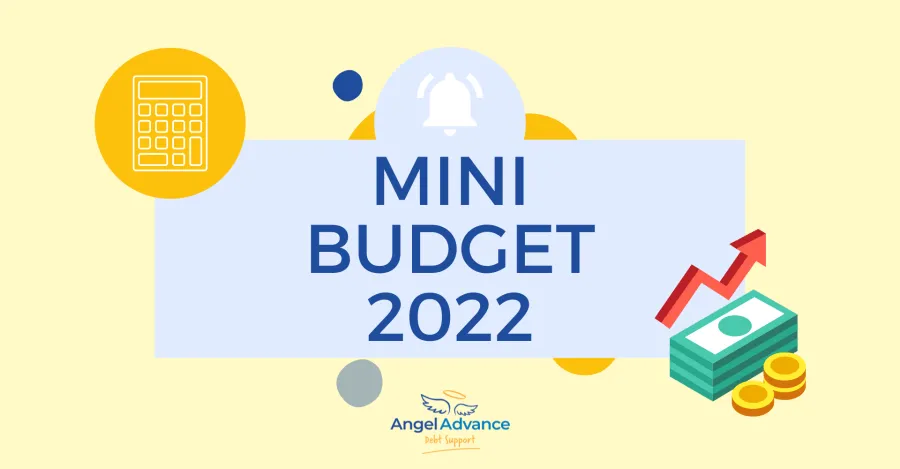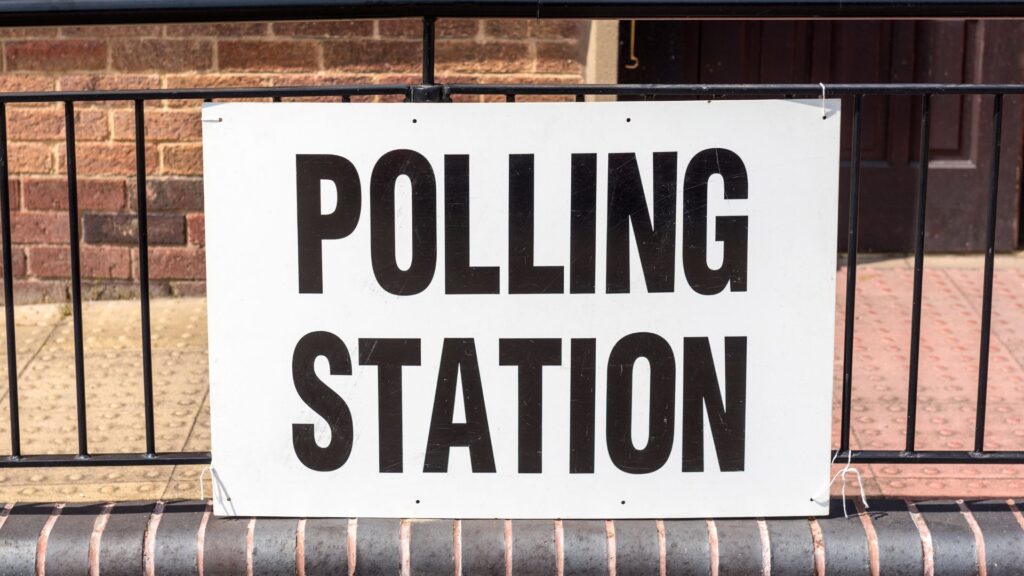Update: 17/10/2022
New Chancellor Jeremy Hunt has reversed many of the below measures that were set out by former Chancellor Kwasi Kwarteng in the mini-budget. Out of all the measures, the stamp duty cut and cuts to National Insurance will remain. Meanwhile, the energy price guarantee will remain but will only cover all households until April 2023 as opposed to the previously announced two years. There will be a further update on this in April from the Treasury.
The mini-budget, otherwise known as a fiscal budget, is, as the name suggests, a smaller scale budget than the chancellor’s full-scale budget announced in spring. However, amid the cost of living crisis, households, charities and businesses alike have been eagerly awaiting the mini budget 2022 to see what financial support it may bring for struggling households.
Here, we look at what the 2022 mini budget means for you and your finances.
Income tax cut brought forward
In the Spring Budget, the then chancellor Rishi Sunak pledged to cut income tax from 20p to 19p in the pound before the end of parliament in 2024. This move, which mean a tax cut worth £5bn for 30 million people, has now been brought forward by the new chancellor to April 2023.
The government says this will increase take home pay giving benefit 31 million people with an average £170 a year reduction in tax.
National Insurance rise reversed
The increase in National Insurance (NI) is also set to be reversed. From 6th November the 1.25% rise in National Insurance will be cancelled, allegedly saving nearly 28 million people an average of £330 per year.
This figure will vary drastically from person-to-person depending on their income and the consequent weekly thresholds for NI.
Stamp duty cut
While the recently announced increase in interest rates may be bad news for those on variable rate mortgages or those looking to take out a new mortgage, the stamp duty cut will be welcome news for the housing market.
For first-time buyers they will now pay no stamp duty on properties of £425,000, an increase from £300,000. The threshold for other homebuyers will increase from £125,000 to £250,000.
Change to universal credit
Those on benefits, such as universal credit, will be getting a rise in what they receive in April 2023. Many charities had hoped this would be brought forward in the mini-budget to help with the rising cost of living.
However, there were some changes to benefits announced in the 2022 mini budget. Kwasi Kwarteng announced that those who do not adequately search for work could have their benefits cut, reducing their vital and often only means of income.
What does the 2022 mini-budget mean for your finances?
All measures announced in the mini-budget will be applied automatically and consumers do not need to take any action.
While the mini-statement does contain some support, such as the reversal of the NI increase, many were hoping for further measures to compliment the previously announced Energy Price Guarantee.
Unfortunately, despite the mini-budget and energy price guarantee, consumers are still likely to feel the brunt of rising costs throughout the winter.
If you are struggling to make ends meet and are finding yourself in problem debt then you should seek debt advice from a trusted provider. Using our free online tool, we can recommend the best debt solution for you based on your circumstances. Get started today to see if our debt solutions can get you back on track.

